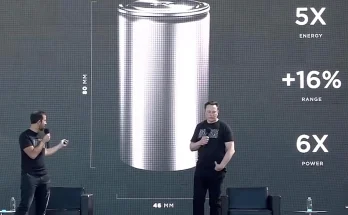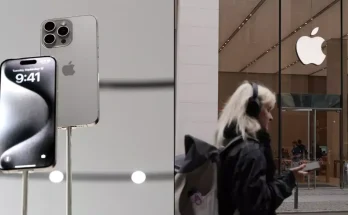A week-long headache is usually dismissed as a migraine or stress-related discomfort. But for Kimberley Baggley, a 27-year-old primary school teacher from Stoke-on-Trent, Staffordshire, it signaled something far more serious—a brain tumor. Initially, no one suspected the true cause of her persistent pain, not even the doctors she visited multiple times. But one unusual symptom set off alarm bells, leading to a shocking diagnosis that changed her life forever. Here’s Kimberley’s story of how a seemingly ordinary headache turned into a fight for her life.
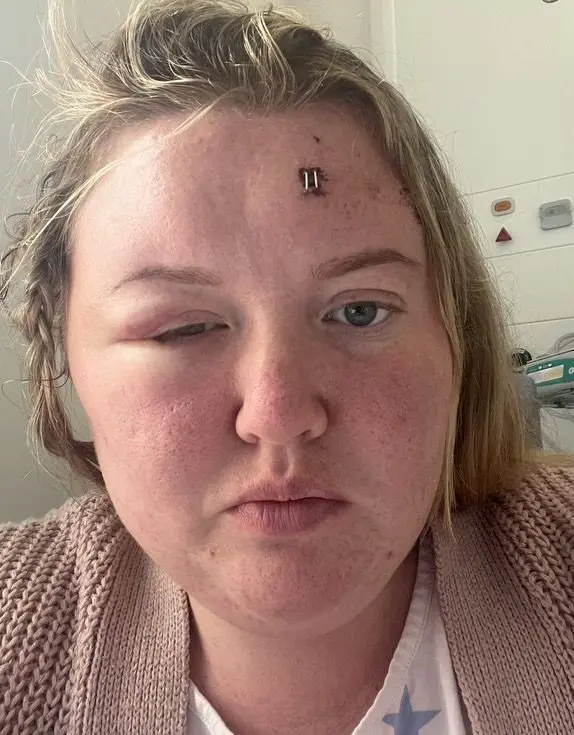
Kimberley experienced tingling pain in her face but she was only sent away with painkillers.
The Start of a Persistent Headache: When a Migraine Isn’t Just a Migraine
In June 2023, Kimberley experienced what seemed like a typical migraine. The pain was intense, yet manageable enough that she initially considered it to be part of her busy lifestyle as a teacher. After being sent home from work due to the headache, she started feeling a strange tingling sensation on the left side of her face—a feeling often described as “pins and needles.”
Concerned, Kimberley visited her local doctor and made multiple trips to the A&E department. Each time, she was told to rest, hydrate, and take painkillers. The thought of a brain tumor never crossed her mind, and no one else seemed to suspect it either. She recalls, “You need to take time for yourself, go on a spa day, and ‘it’s definitely not a brain tumor’ were all things said to me that week.”
The Day It All Changed: A Seizure Led to a Life-Altering Diagnosis
By the end of that week, the headache persisted, but Kimberley decided to stay home and rest while her husband, Luke, took their six-year-old son, George, to swimming lessons. When they returned, they found Kimberley unconscious in bed, having suffered a seizure. “It was terrifying,” Luke said. “I had no idea what was going on.” Kimberley was immediately rushed to Royal Stoke University Hospital in an ambulance.
At the hospital, Kimberley experienced another seizure while undergoing tests. Doctors performed a CT scan, followed by an MRI, which revealed a tumor in her brain. The diagnosis was a grade 3 astrocytoma, an aggressive and malignant form of brain cancer. Kimberley’s world was turned upside down with five life-changing words: “You have a brain tumor.”
The Craniotomy: An Urgent Surgery to Save Kimberley’s Life
Kimberley’s medical team decided that immediate surgery was necessary to remove as much of the tumor as possible. Within days, she underwent a craniotomy, a procedure that involves opening the skull to access the brain. Surgeons were able to remove 95% of the tumor, which was then sent for biopsy.
After surgery, Kimberley was relieved to hear that most of the tumor had been removed. “My consultant told me it wasn’t the worst type of tumor but wasn’t the best either,” Kimberley recalls. “I was quite naïve when I first got diagnosed—I thought I would have the operation, and that would be it.”
The Long Road to Recovery: Radiation, Chemotherapy, and Setbacks
Reality quickly set in, as Kimberley’s recovery proved to be far from simple. Just a month after her first surgery, she developed an infection, leading to another operation that involved removing part of her skull. Shortly afterward, Kimberley faced a new challenge—sepsis, a life-threatening infection that further delayed her cancer treatment.

Kimberley underwent a craniotomy — a surgical procedure that involves opening the skull to access the brain — in June 2023
Despite these setbacks, Kimberley pushed through 33 sessions of radiotherapy and is currently undergoing chemotherapy, having completed 10 rounds so far. The journey has been grueling, but Kimberley remains determined. “My life stopped when I was diagnosed with a brain tumor,” she says. “There is so much unknown ahead of you, and a long process that puts other parts of your life on hold.”
The Emotional Impact on Family: How Kimberley’s Diagnosis Affected Loved Ones
Kimberley’s battle with brain cancer has deeply affected her family. Her husband, Luke, has been juggling work, caregiving, and raising their son George on his own. “He’s had to be both mom and dad over the past year,” Kimberley says. “Watching someone you love go through something this awful must be terrifying.”
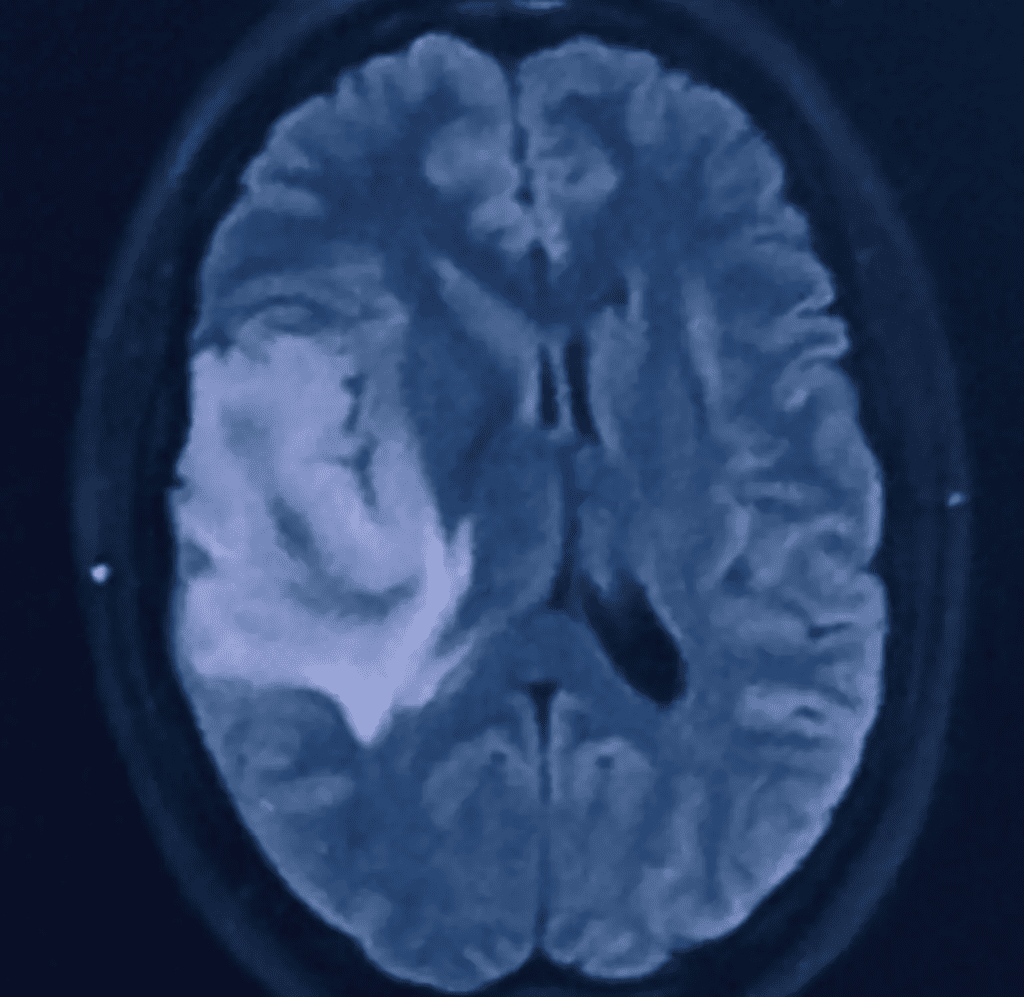
A CT and MRI scan revealed she had a brain tumor.
Their young son, George, struggled to understand the situation at first. Kimberley recalls a heartbreaking moment when he asked, “Mom, are you going to die?” For a child so young, the fear of losing a parent is incomprehensible, and Kimberley knows that her illness has taken an emotional toll on her family.
Raising Awareness: Kimberley’s Mission to Fight Brain Tumors
Despite her ongoing treatment, Kimberley has made it her mission to raise awareness about brain tumors and support others facing similar battles. She recently abseiled down Anfield Stadium to raise over $9,000 for The Brain Tumor Support, a charity dedicated to helping those affected by brain cancer. Additionally, she started a support group in Stoke-on-Trent to connect with other cancer patients and offer mutual encouragement.
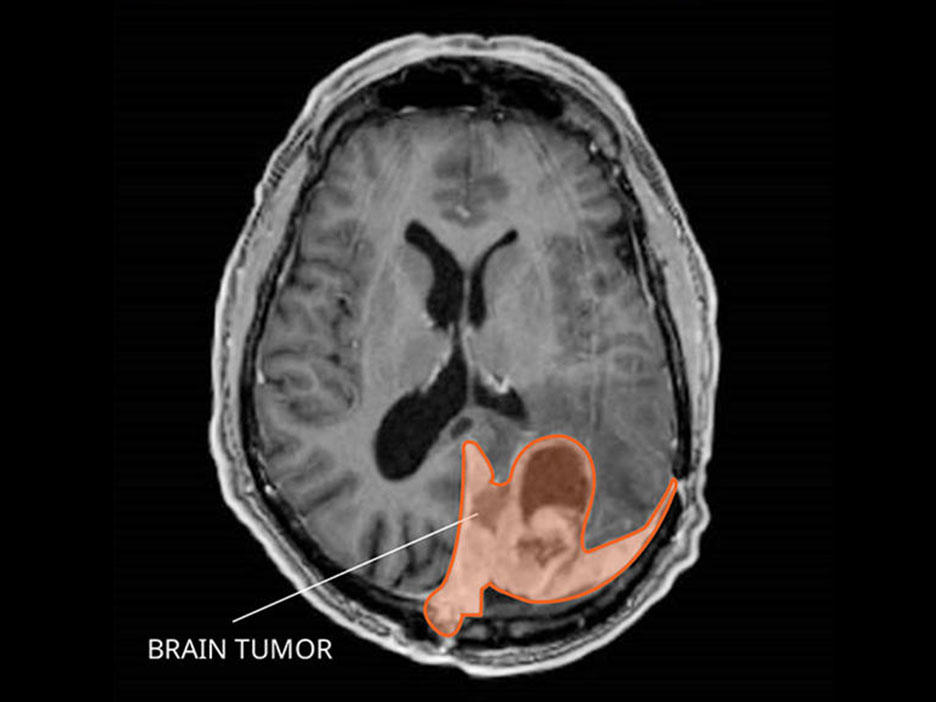
“I want things to change, not just for me, but for everyone living with a brain tumor,” Kimberley emphasizes. Her advocacy work aligns with broader efforts to improve brain tumor research, with The Brain Tumor Charity recently awarding a $292,611 grant to fund research into better treatments for high-grade brain tumors.
The Push for Better Treatments: Hope Through Immunotherapy Research
The funding from The Brain Tumor Charity will support research into immunotherapy, an emerging approach that aims to harness the body’s immune system to target and destroy cancer cells. Simon Newman, Chief Scientific Officer at The Brain Tumor Charity, explains, “High-grade brain tumors are some of the most devastating cancers, and current treatments are just not good enough.”

Immunotherapy has already shown promising results in treating other types of cancers, such as melanoma and lung cancer. Researchers hope that similar advances can be made in brain tumor treatment, offering patients like Kimberley a better chance of recovery.
Conclusion: Kimberley’s Story Is a Wake-Up Call for Us All

Kimberley Baggley’s week-long headache turned out to be a malignant brain tumor—an outcome no one expected. Her story is a stark reminder that seemingly ordinary symptoms can sometimes be signs of serious health conditions. It also highlights the urgent need for better awareness, timely diagnosis, and improved treatment options for brain tumors.
Kimberley’s resilience and determination in the face of such a daunting diagnosis inspire hope for others battling the same illness. Through awareness campaigns, fundraising efforts, and medical advancements, there’s hope that brain tumor patients can receive the treatment they need and deserve. Kimberley’s story is not just a tale of survival but a call to action in the fight against brain cancer.

